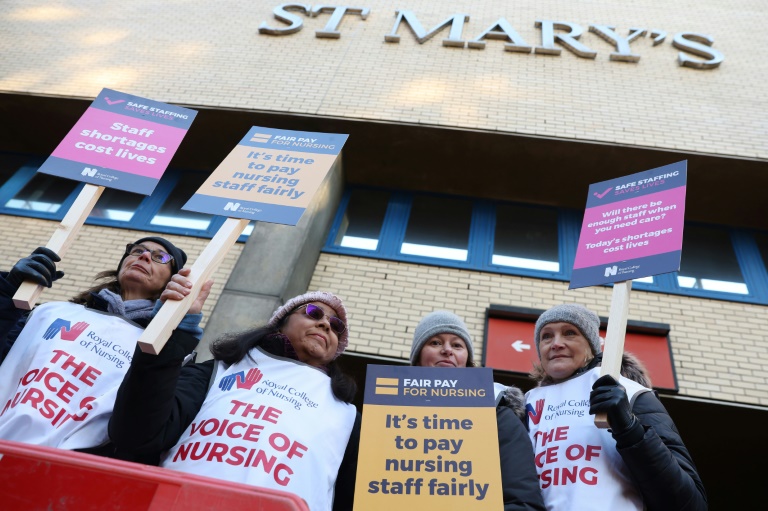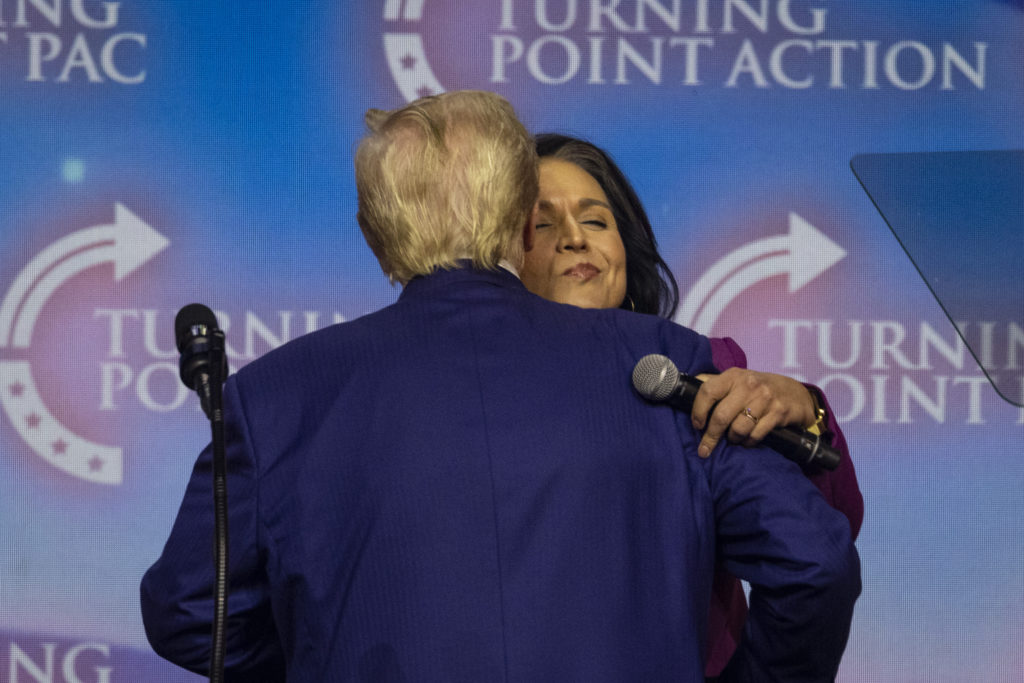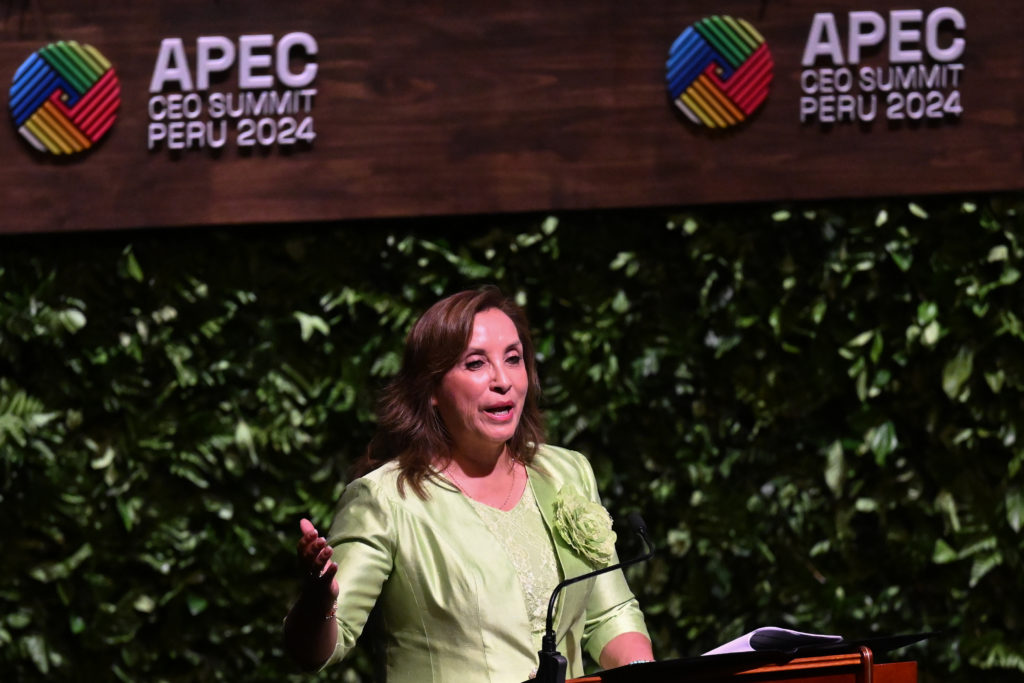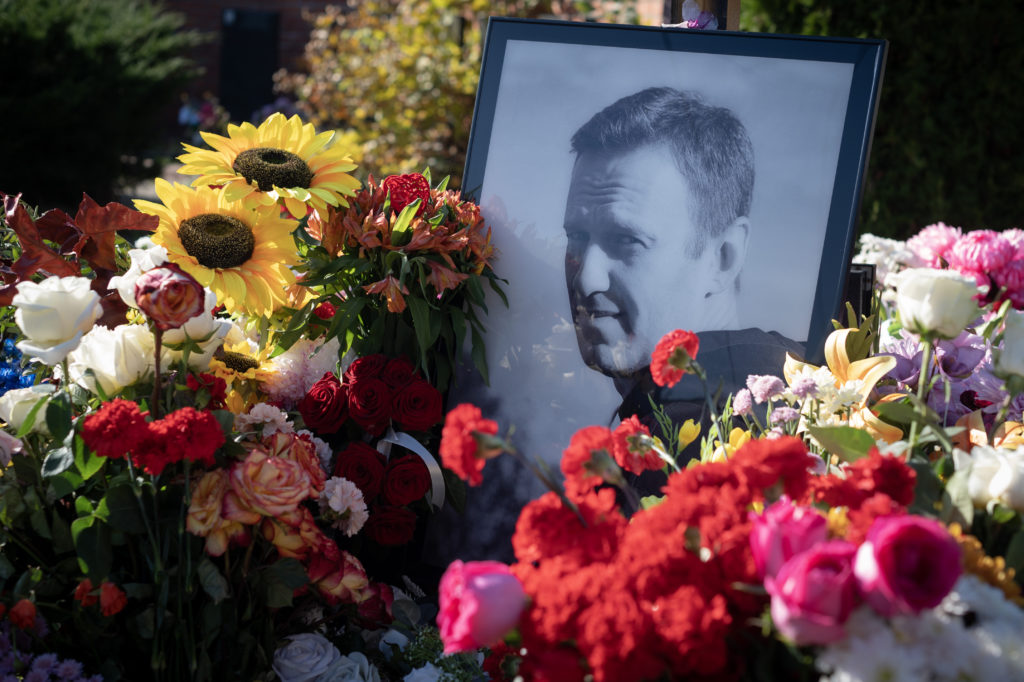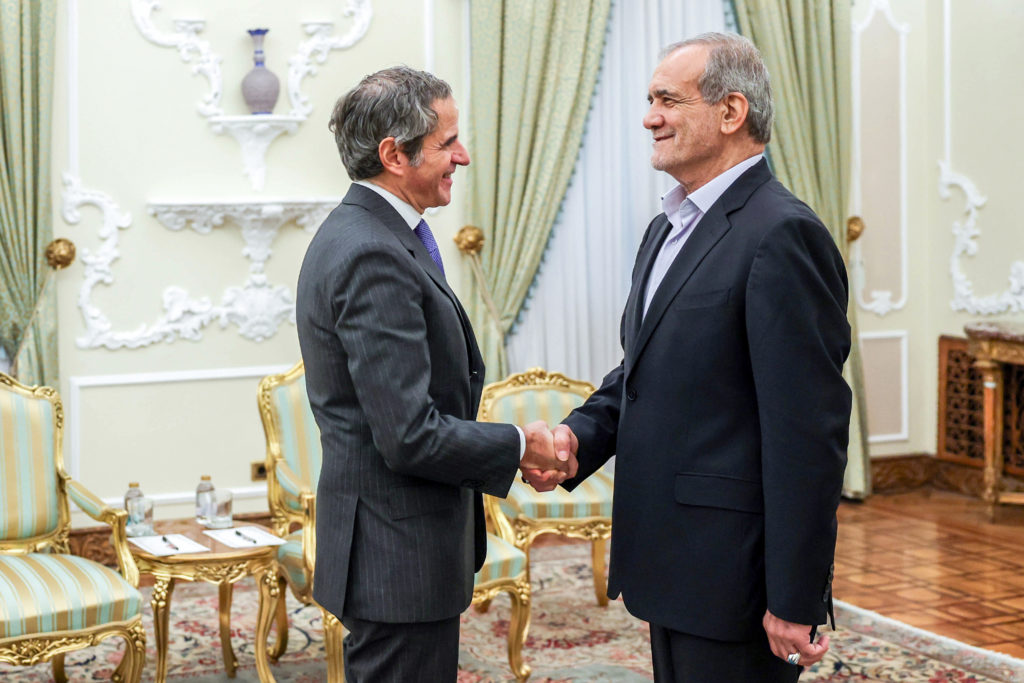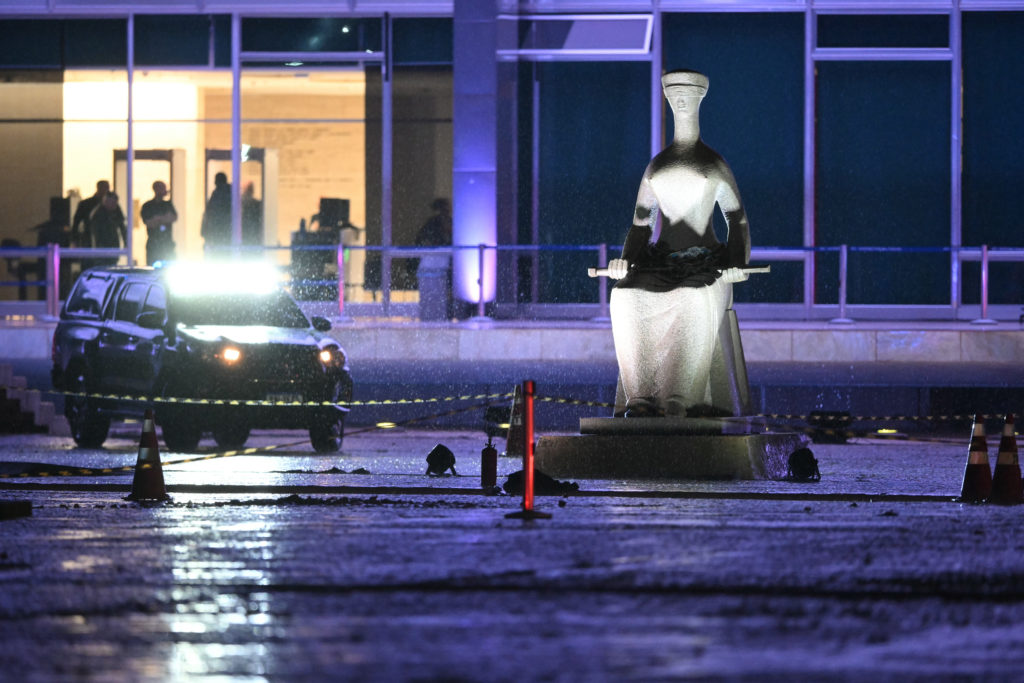UK nurses joined picket lines across England, Wales and Northern Ireland in their union's first strike action in more than 100 years
UK nurses on Thursday staged an unprecedented one-day strike in a fight for better wages and working conditions, despite warnings patients could be put at risk.
Up to 100,000 members of the Royal College of Nursing (RCN) in England, Wales and Northern Ireland stopped work from 0800 to 2000 GMT after rejecting a pay deal.
The RCN’s industrial action — the first in its 106-year history — is part of a surging wave of stoppages by public and private sector employees as spiralling inflation outstrips wages growth.
Outside St Thomas’ Hospital in central London, nurses on picket lines chanted slogans and held aloft placards urging “Pay us our worth” and “It’s time to pay nursing staff fairly”.
They were joined by England’s chief nursing officer Ruth May, according to The Times.
At Aintree University Hospital in Liverpool, northwest England, one nurse said striking was “the only way we can put our point across”.
“The public need to understand the pressures that everyone’s under,” said Pamela Jones, who has been a nurse for 32 years.
“You’ve only go to come to A&E (accident and emergency) to see the queues, there’s no beds.”
Another staff nurse, Kelly Hopkins, added: “There are more and more nurses using the food bank, which is just not acceptable.
“They’re coming in cold, they’re going without good food to feed their children. It’s just crazy.”
– ‘Tragic’ –
Union leaders said nurses were overworked due to staff shortages, as the state-run National Health Service battles a growing backlog for appointments and treatment made worse by the pandemic.
RCN general secretary Pat Cullen said it was a “tragic day” for nurses, patients and the NHS that they had to take such action.
She said there were currently 50,000 vacant nursing posts and more needed to be done to stop staff leaving for better-paid jobs in supermarkets and retail.
“It’s up to the government. They have a responsibility to address those vacant nursing posts and stop the drain out of our profession,” said Cullen.
“They need to do that by paying nurses a decent wage.”
The RCN wants a pay rise significantly above inflation, which surged to a 41-year high of 11.1 percent in October, falling slightly to 10.7 percent last month.
Cullen said that would redress an effective 20-percent wage cut for nurses in real terms over the last decade.
The government maintains the demands are unaffordable and Health Secretary Steve Barclay called the strikes “deeply regrettable”.
Barclay insisted he was open to talks on wider issues but not on the pay offer, which was recommended by an independent review body.
The NHS Pay Review Body recommended a pay rise of at least £1,400 ($1,740) on top of a 3.0 percent increase last year, he said.
“Further pay increases would mean taking money away from frontline services at a time when we are tackling record waiting lists as a result of the pandemic,” he added.
– Long hours –
The RCN has said chemotherapy, dialysis, intensive care and high-dependency units, as well as neonatal and paediatric intensive care will be protected.
But other services will be reduced to Christmas staffing levels during the walk-out.
Saffron Cordery, interim chief executive of NHS Providers, said NHS trusts were “pulling out all the stops” to lessen the impact on patients.
“The picture will vary across the country as (hospital) trust leaders work out service levels with unions locally,” she added.
Health minister Maria Caulfield said some 70,000 appointments, procedures and surgeries will be lost in England due to the walk-out, with thousands more elsewhere.
Caulfield — a qualified nurse and RCN member — accepted pay was an issue but told Times Radio it was “smaller” compared to others such as long working hours.
The main opposition Labour party leader Keir Starmer called the strike a “badge of shame” for the ruling Conservative government.
Another walk-out is due next Tuesday.
video-jwp-phz/bp

